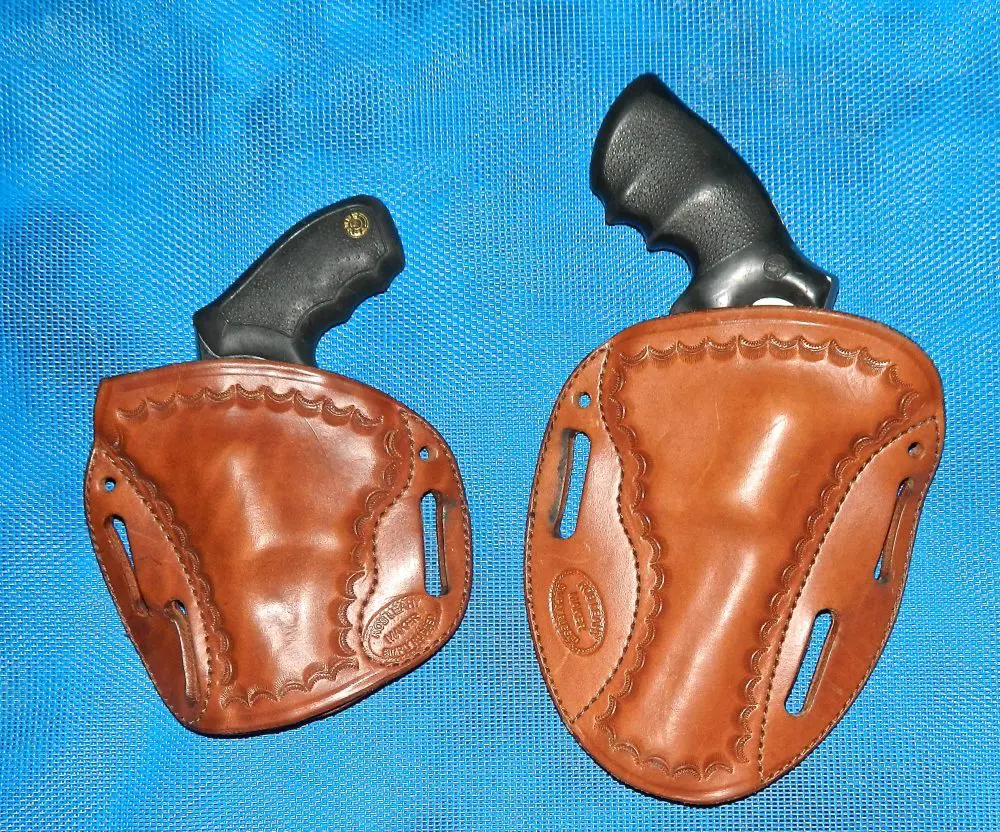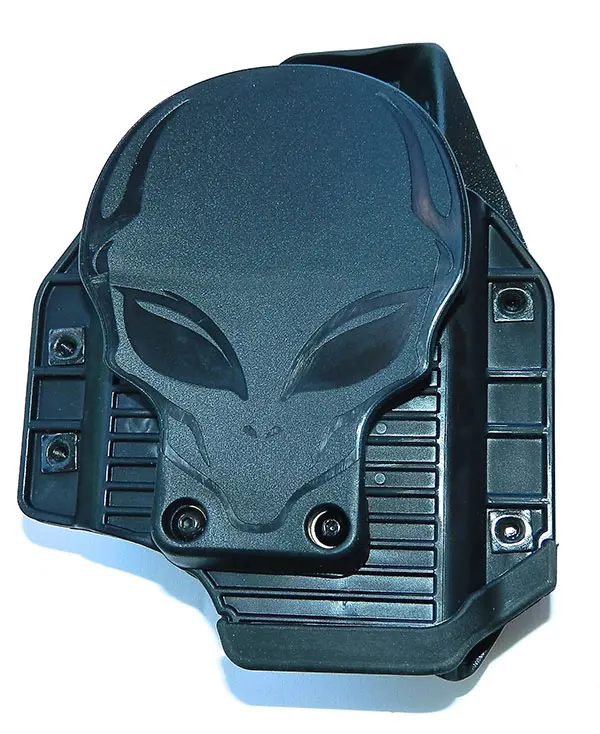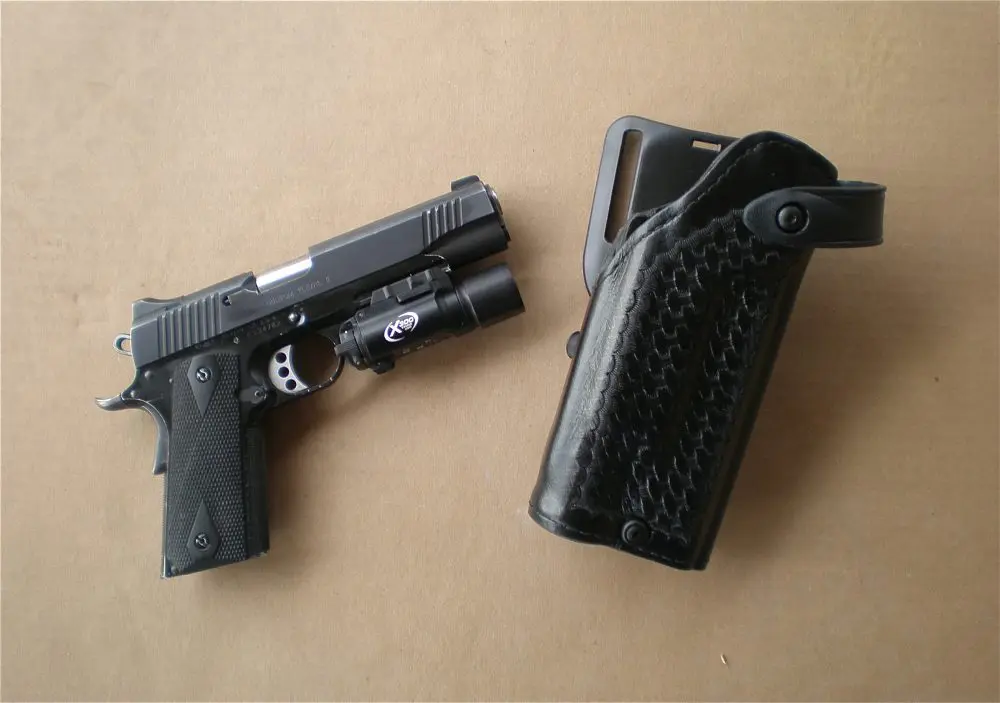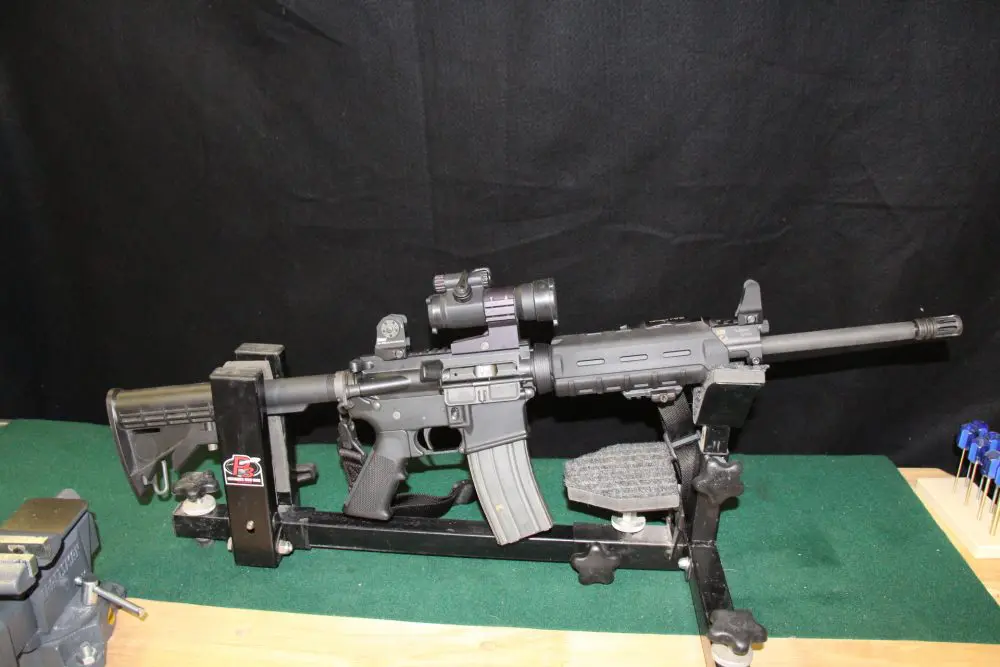It’s one thing to pontificate, but quite another to be sitting in the middle of the desert practicing your own advice.
Over the past decade and a half, I’ve tried to share lessons on how to stay a little safer when dealing with the daily dose of the sorrow known as life. One or two of those columns covered the common exigency of suffering a disabled vehicle while traveling. But I must admit that, as a long-time police officer who has helped literally hundreds of stranded motorists, my own experiences as the stranded person were (fortunately) lacking.
My only major automotive breakdown occurred 25 years ago while returning from a whitewater paddling trip. It sounds like a country-western song, but I spent a Sunday evening in the parking lot of a rural auto parts store changing a bad alternator … in spitting snow … in the dark … with minimal tools … and no food after spending all our remaining cash on the alternator.
Since that time, I’ve been an automotive fanatic, conducting all schedule maintenance before it was due and carefully checking, re-checking and triple-checking all systems on the vehicle before every trip.
Therefore in both shock and anger, I found myself recently sitting alongside the interstate highway in the middle of the high desert east of Flagstaff, Arizona with a rear wheel that sounded like a garbage disposal full of marbles. “Uh oh,” I thought, “time to execute my emergency preparedness plans for a disabled vehicle incident.”
Actually, I did have such a thought, but not until after shouting several very loud and exceptionally crude words, the kind that would have made my mother cry if she had been within earshot (approximately ten miles).
After analyzing the problem, it seemed apparent to my middling automotive diagnostic skills that the noise was likely a wheel bearing or some such thing that I couldn’t fix with the equipment on hand.
Taking stock, I considered our resources. There were ten gallons of drinking water in sealed containers in the rear of our SUV, along with plenty of drinks and ice in the cooler. We had the necessary hats and clothing to survive the heat. We had food and, most importantly, good cellular phone reception for our two phones. If the cell phone signal had been non-existent, a Spot satellite emergency beacon was sitting in my flight bag. Personal safety wasn’t a concern, as both my fiancée and I were properly armed.
Current conditions were fairly benign for the desert: shortly past noon, the temperature was around 95 degrees and there was a fair wind blowing. All in all, it seemed like we could endure for many hours with only minor discomfort if necessary.
That was my biggest concern: the fact that we were sitting somewhere beyond East Jesus. It would take a towing company a long time to arrive once we finally located one in this wide-open, civilization-free landscape.
All in all, I was profoundly aggravated, but the simple pre-trip preparations (plenty of water, appropriate clothing, and redundant commo gear) had given us options in a potentially dangerous situation.
Therein lies the lesson of today’s sermon.
After examining the situation, we decided to keep moving. I reasoned that the damage was already done, but every mile we gained toward “civilization” was a bonus.
It was a bad idea. The noise and vibration increased significantly, but we did slowly manage to limp along the shoulder to the next exit, where we had our first bit of good luck. Only two miles away, gleaming through the shimmering heat, was a tribal casino!
Stopping in the parking lot, I beat my head against the steering wheel in spite of the fact that life would have been much worse sitting along the shoulder of the highway. As it was, we could go inside, have lunch, and even try our luck at the craps table. Of course, we’d then be broke down and dead broke, so we opted for lunch only.
Ultimately, things worked out fine. Our friend Ken Campbell, Chief Operating Officer of Gunsite, picked us up two hours later. The next morning, my better half conducted all the necessary phone negotiations to get the vehicle towed and serviced.
One final lesson on preparedness, assumptions and attention to detail awaited me: the problem turned out to be a loose wheel. In fact, the dealer said we had been literally minutes from catastrophically losing a tire.
My (used) vehicle had been recently purchased from a dealership, given a detailed personal once-over, and then taken it to another independent dealer for a full pre-trip checkup. Obviously, none of those people (self included) had bothered to check the torque of the lug nuts.
Ah, the little things…
This episode might not be as dramatic as some of the incidents from my cop-shop career, but those hours in the Arizona desert might have proven just as dangerous if not for a few simple preparations. As it transpired, the only damage was to my psyche and perhaps a few teeth marks on the steering wheel.
It also makes for a better column than the incident two weeks prior when I was forced to use a rock to break the window of my other (locked) vehicle on a lonely Tennessee mountaintop as a storm was rolling in.
That reminds me of one final thing: when checking those lug nuts, make sure the hide-a-key hasn’t fallen off!
Brent T. Wheat is a former SWAT officer, canine handler, detective, and patrol supervisor who retired after a 30-year law enforcement career in the Midwest. A prolific freelance writer and photographer, he is the publisher of WildIndiana Magazine, a regionally focused outdoor magazine. He can be reached at [email protected].





